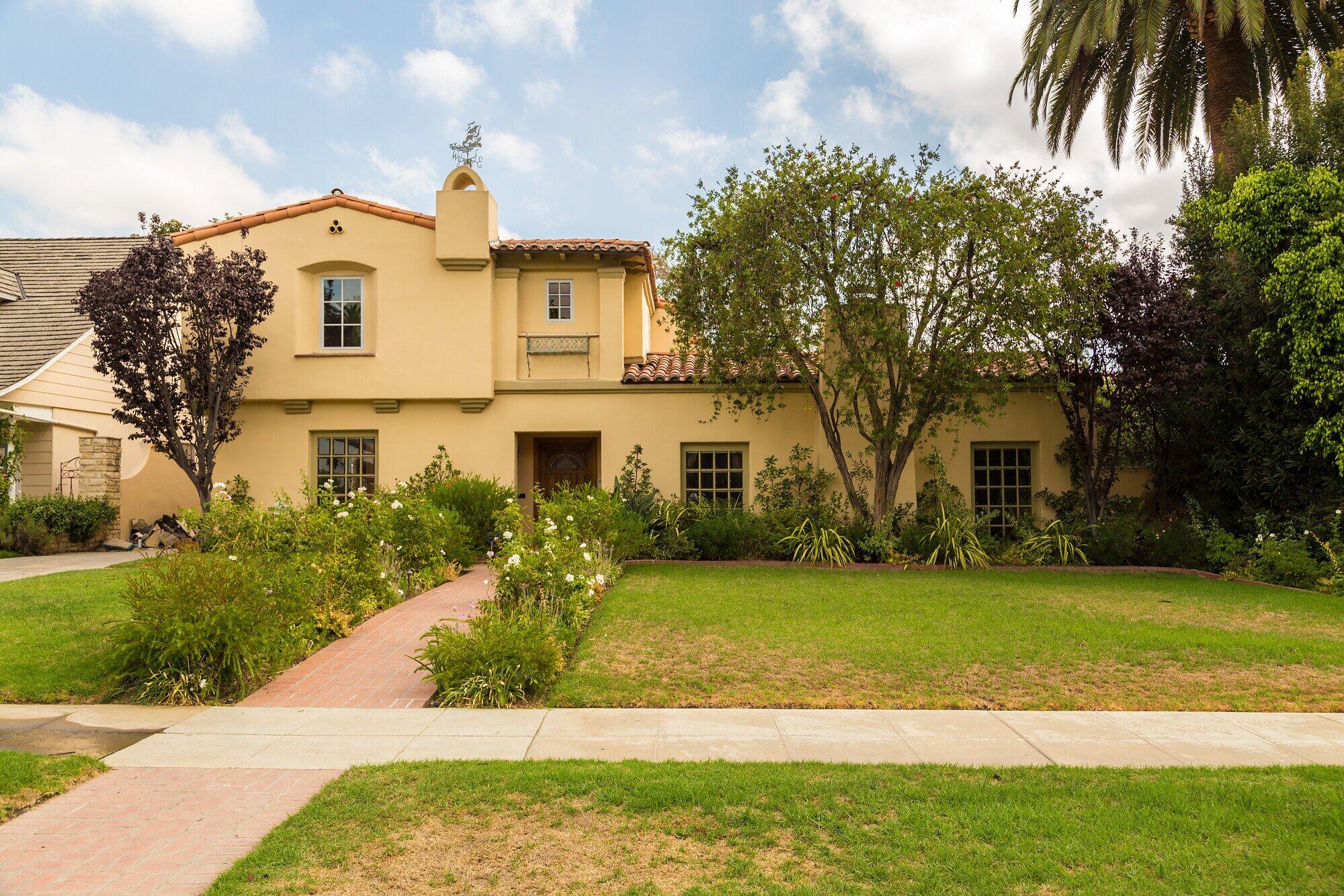Recent studies show that around 39% of US homeowners live in communities governed by homeowners associations (HOAs). This demonstrates the significant role HOAs play in local governance.
An HOA Board's duties are extensive and crucial for maintaining community livability and local house prices. Understanding these responsibilities can help HOA members better appreciate what is involved in effective community management.
Managing Finances
The HOA Board's financial management duties are vital for the local community. Careful budgeting ensures the proper allocation of funds for things like maintenance and community improvements. A key part of the board's role is collecting monthly or annual dues from homeowners to pay for these essential services.
The HOA board must provide transparent financial reporting and regular updates to HOA members about the association's spending. This keeps members informed on how the HOA spends their dues to improve the community. This kind of transparency also creates a sense of trust between the HOA and the residents.
Property Maintenance
Property maintenance is a key part of the HOA Board's duties, ensuring the HOA community retains and grows its value. This responsibility covers common areas, amenities like pools and clubhouses, and making sure they stay safe and clean. The board also oversees repair and improvement projects.
Whether upgrading facilities or addressing wear and tear, these HOA projects are an essential part of maintaining and improving the quality of life in the community.
The board also selects and manages the contractors who will carry out this work, and the local community expects the HOA to get quality work at fair prices.
Enforcing the Rules
The HOA is also responsible for rule enforcement. This is vital for upholding community standards and ensuring a pleasant living environment for all residents.
This duty involves the diligent enforcement of the community's covenants, conditions, and restrictions (CC&Rs). These could cover everything from property appearance to noise levels and pet ownership.
By ensuring all residents follow these rules, the board does more than just maintain aesthetics and tranquility.
Rule enforcement also prevents disputes and keeps property values high. When disagreements arise, the board acts as a mediator, finding resolutions that respect everyone's interests.
Additionally, when violations occur, the board can implement penalties. Generally, these will be fines, but there could also be harsher penalties for repeated infractions.
Enforcement isn't about punishment. Instead, it's about creating a shared standard of living that benefits everyone.
Your Community Needs an Effective HOA Board
The HOA Board's duties are wide-ranging, affecting many aspects of life in the local community. From financial management to rule enforcement, the board's role is crucial for creating an enjoyable and valuable HOA community.
By understanding these roles and responsibilities, homeowners can make positive contributions to their local area.
Effective property management is a crucial responsibility of the HOA Board, so it's no surprise many HOAs like to bring in professional property management companies.
Are you looking for help managing your HOA Community in the San Antonio area? PMI BrightStar is here to help. We have decades of experience helping HOA boards improve their neighborhoods. Contact us today to learn how we can help your HOA.


